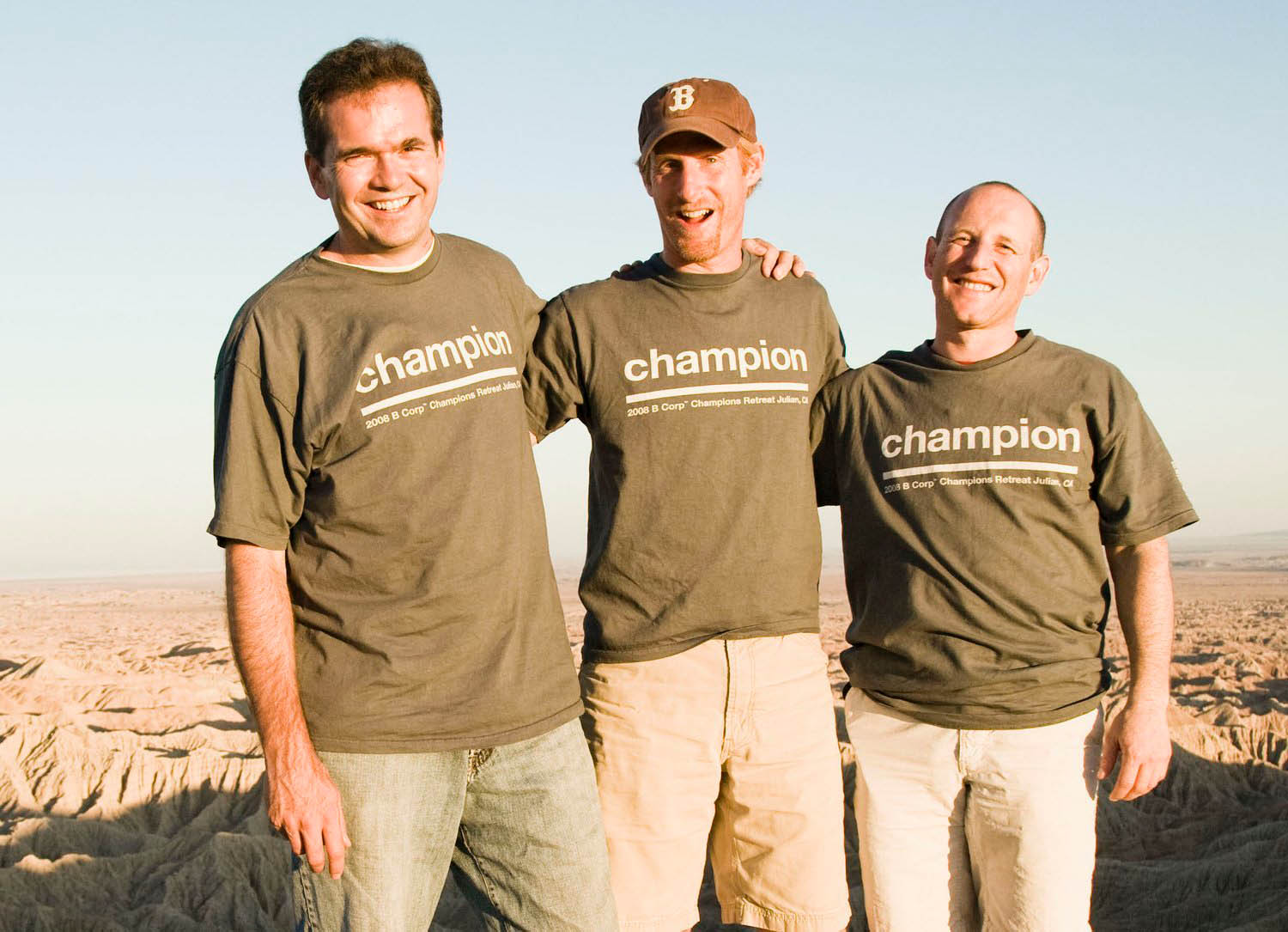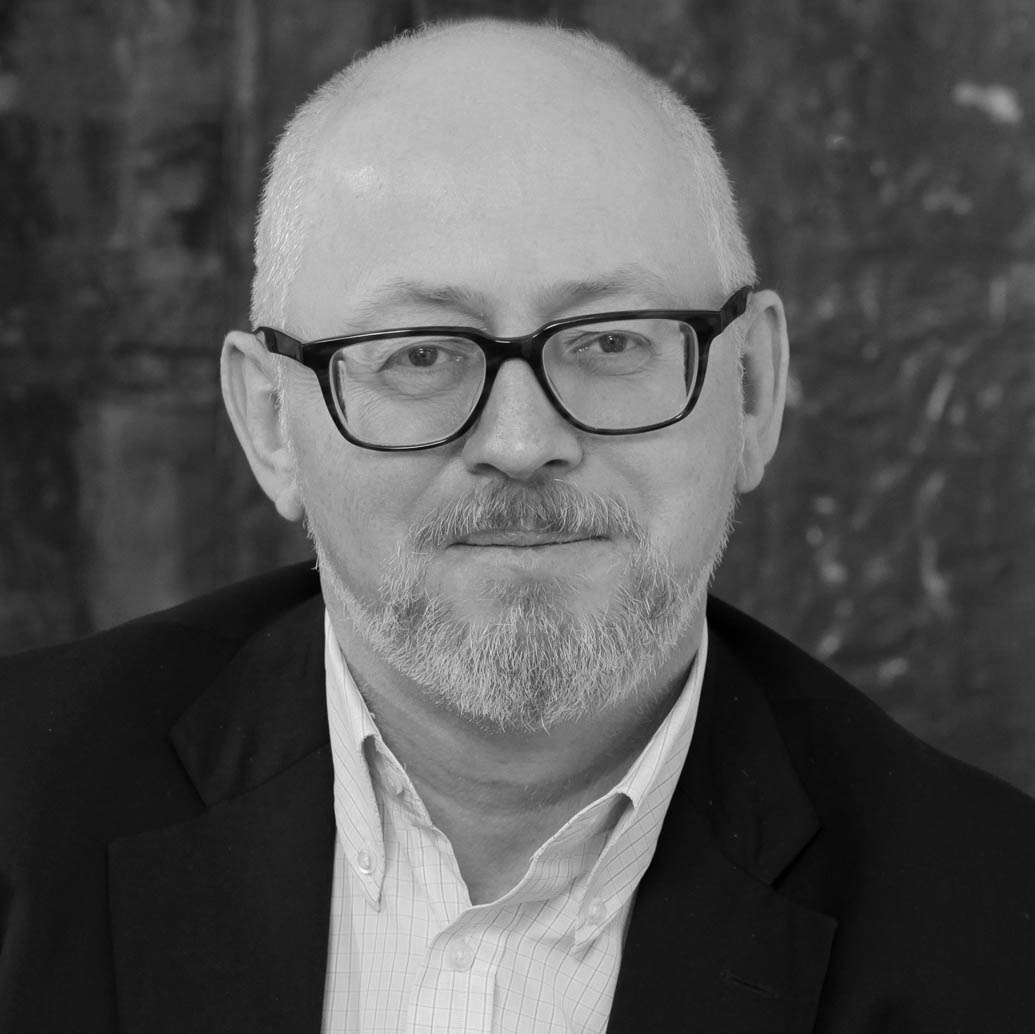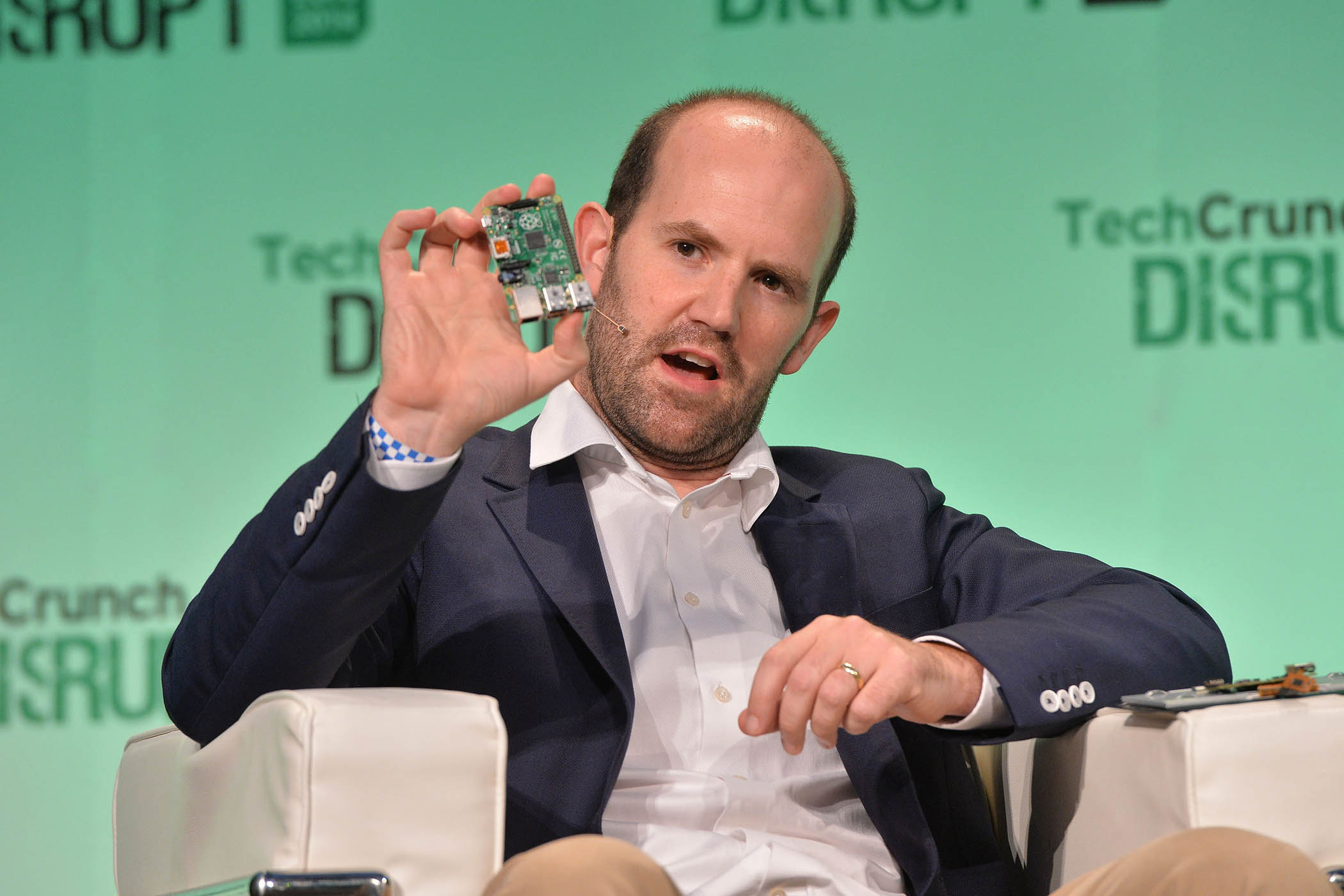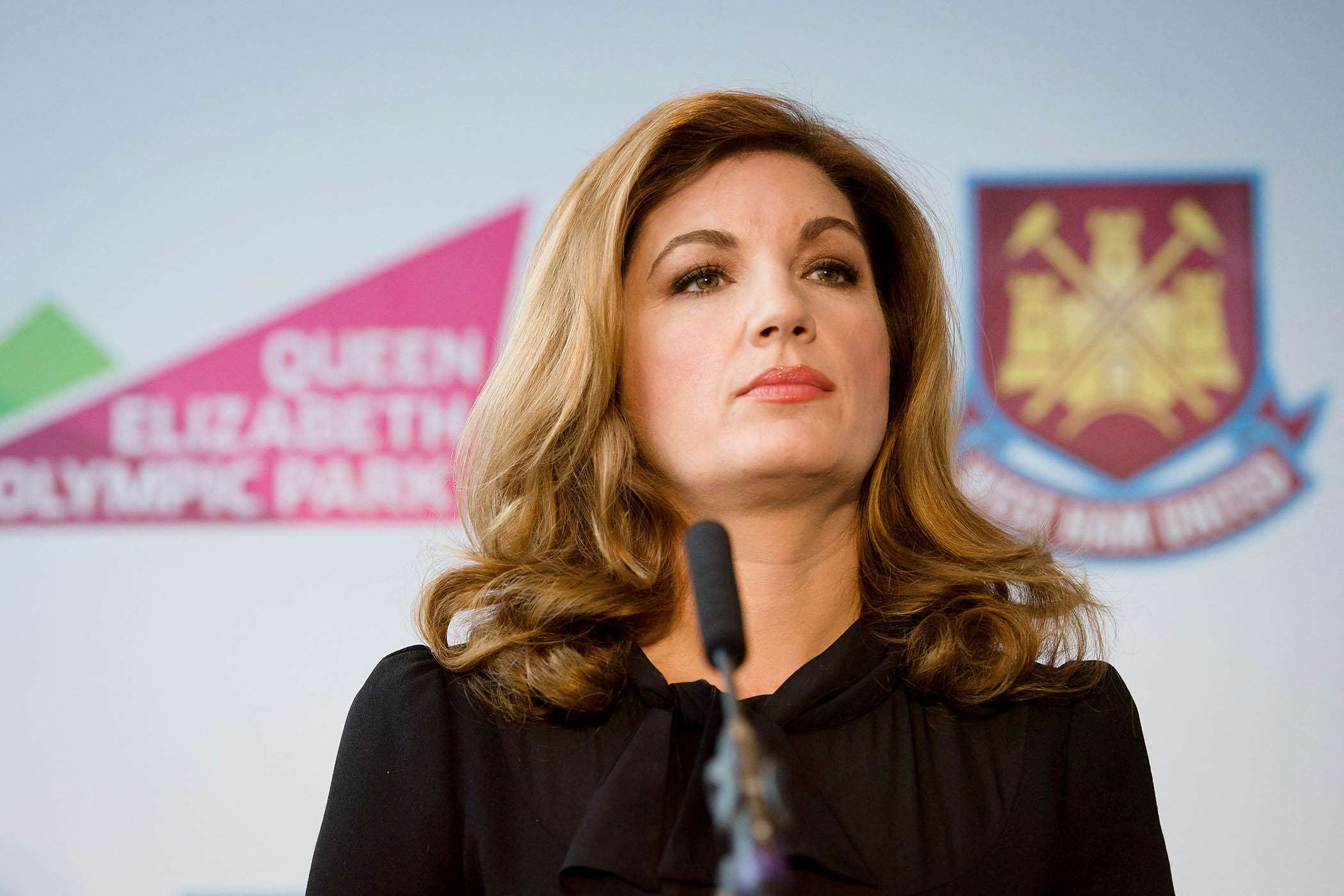There have been many campaigns in recent years to improve how capitalism works. Few, if any, have achieved the impact of the B Corp movement. Andrew Kassoy, one of its founders, died last week aged just 55. Having grown frustrated with the current version of capitalism during a brief career in private equity, Kassoy launched B Lab in 2006 with two friends to promote the B Corp, a type of for-profit company that has an explicit social and/or environmental purpose.
The idea has caught on, first in the US then globally, reflecting a growing desire for meaningful work and for making business a force for good. It has grown in tandem with a certification and measurement process to ensure firms are serious in pursuing their purpose, and the creation of new legal forms suited to purpose-driven businesses, such as the “benefit corporation” in America and the “public benefit company” in the UK, which limit pressure to make profit at the expense of the broader mission.
At the latest count, there are more than 9,900 certified B Corps around the world, in at least 160 industries across 105 countries, employing about one million workers. Britain boasts about a quarter of the global total, B Corp certifications having soared by around 40% here in the past year alone. Well-known examples include outdoor clothing maker Patagonia, the Body Shop, Ben & Jerry’s ice-cream, and chocolateer Tony’s Chocolonely.
Most B Corps are younger companies that will become more economically significant over time. That bodes well for the movement’s future. Around 50 B Corps are now stock exchange-listed public companies. Getting more big, established companies to follow the likes of French yoghurt giant Danone in embracing the B Corp model is the next frontier, if our system of capitalism is to be transformed from what Kassoy described as “careless” to one built on genuine care for employees, customers, communities, nature, supply chains and society as a whole.
Photograph: Mark Leibowitz
Newsletters
Choose the newsletters you want to receive
View more
For information about how The Observer protects your data, read our Privacy Policy



